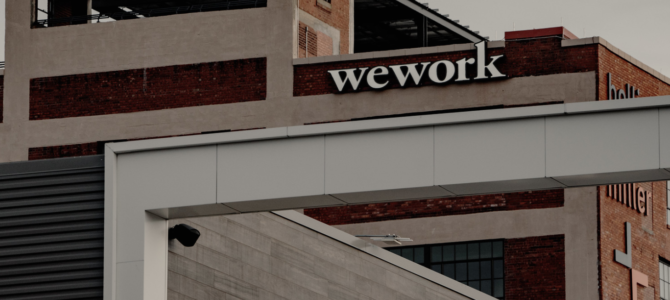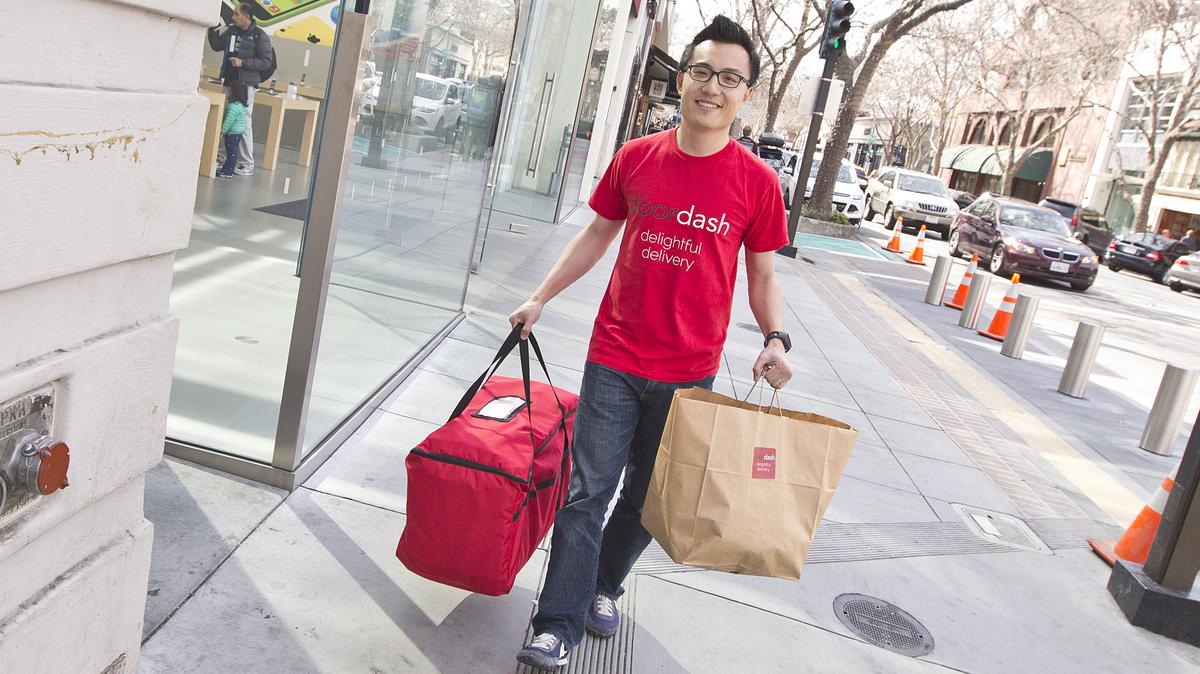
LeBron James is in the news again. This time, he wasn’t defending the authoritarian regime in China, not because he’s had a change of heart, but because he has a more urgent matter at hand. On Monday morning, he tweeted that he and his family have joined 200,000 Californians in evacuating from wildfires and were looking for shelter.
Despite Pacific Gas and Electric Co., the San Francisco-based utility that provides gas and electricity services to 16 million Californians, shutting off electricity three times in October in the name of preventing wildfires, subjecting millions of Californians to blackouts, wildfires started cropping up in Sonoma County, the famed wine country. So far, the fire reportedly “grew to 85 square miles (220 square kilometers), destroyed 94 buildings, and was threatening 80,000 buildings.” In response to the wildfire threat, California Gov. Gavin Newsom has declared a state of emergency.
PG&E filed for bankruptcy at the beginning of 2019 because it was held responsible for more than two dozen wildfires since 2016 and the financial liability was massive. Of course, the company blames gusty winds for the wildfire threat, but in truth, some of the wildfires were caused by the failure of old power lines that should have been replaced long ago. Is PG&E the poster child for the inevitable failure of capitalism because greedy corporations always prioritize profit over public safety and shortchange their maintenance responsibilities? Hardly.
What Really Caused The California Fires and Blackouts?
The Wall Street Journal’s Allysia Finley reports this utility is in the most heavily regulated industry. The California Public Utilities Commission and the Federal Energy Regulatory Commission, not PG&E, set both the rates PG&E charges customers and the profit the company is allowed to earn.
The same commissions and the California state legislature have also directly influenced where PG&E must invest its resources. For example, PG&E generated almost 40 percent of its power from renewable resources in 2018 because “State law requires utilities to obtain 60% of their power from ‘renewable’ sources by 2030.”
In addition, “The commission has ordered utilities to buy energy from homeowners with solar panels, paying them a higher rate than wholesale power providers get,” and “Last year the commission directed PG&E to install 7,500 electric-car charging stations at apartment buildings and workplaces.” These green initiatives haven’t done much to address climate change, but they misallocated valuable resources that should have gone to repair aging power grids and power lines. Rather than blaming corporate greed, California should hold government officials and legislative representatives accountable for such gross mismanagement.
This doesn’t mean the management and the board of PG&E are blameless. Rather than focus on delivering value for shareholders, they aimed to become the most leftist corporation in California. According to Finley, “PG&E hasn’t kept detailed records on the age or condition of its transmission towers and wires,” but it keeps precise reports of the “diversity” of its employees, board, and contractors. For example, it boasts a board wherein “Five of its 14 directors are female, one is black, and two are Hispanic.”
For years, PG&E was a darling of the left. Both the LGBT activist group Human Rights Campaign and the institutional Shareholders Service Group gave the company high ratings for being an exemplary corporate citizen on issues such as “climate change” and “diversity and inclusion.”
While PG&E focused on leftist politics, it neglected the maintenance and replacement of its power grids and power lines. Authorities identified a broken jumper in its transmission line as the culprit for starting the 2018 Camp Fire, the deadliest in California’s history, which killed more than 80 people and destroyed 14,000 homes.
Of course, now PG&E is probably the most hated corporation in California after cutting off power several times in this year, with more blackouts expected. Its actions have sent millions of Californians back to the “dark ages.” Rather than taking responsibility for years of mismanagement, wrong-headed mandates, and initiatives, Democratic politicians in California blame corporate greed and want to turn PG&E from an investor-owned company into a nonprofit cooperative. It seems that millions of Californians literally won’t see the light at the end of the tunnel any time soon.
WeWork Also Plummeted From Woke to Broke
PG&E isn’t the only leftist-run company that went broke recently. In 2018, Adam Neumann, co-founder of WeWork, a high-flying office leasing startup, made headline news by announcing that in an effort to reduce the company’s carbon footprint, the company would “no longer reimburse employees for meals that include red meat, poultry, or pork and will stop serving meat at company events.” The company claimed the meat ban “will save 445.1 million pounds of Carbon Dioxide emissions by 2023, 16.6 billion gallons of water, and 15,507,103 animals.” Ironically, not long after the ban, Neumann was spotted eating “a giant lamb shank.”
Neumann told others that his mission was to “elevate the world’s consciousness.” WeWork’s planned IPO was highly anticipated, and investment professionals were enchanted by its lefty co-founder and CEO. It was reported that Neumann summoned the leaders of the New York Stock Exchange and NASDAQ to his residence in the Hamptons and requested “they ban meat or disposable plastics from their cafeterias for environmental reasons.”
To win this supposedly hottest IPO of the year, the NYSE offered to get rid of plastic cups but not to eliminate meat. NASDAQ offered to launch a new index called “We 50,” made up of companies focusing on environmental sustainability. Of course, NASDAQ won the WeWork IPO.
The Wall Street Journal reports that during the summer, Neumann often used helicopters to ferry employees from New York to the Hamptons to help him work on the IPO documents. It seems when money was in play, carbon footprints weren’t a concern for someone who claimed to be passionate about “environment sustainability.” The Journal also reports that Neumann’s wife, Rebekah, who was WeWork’s chief brand officer, caused a delay in the IPO process by insisting the IPO document be printed on recycled paper but then rejected the copies as “low quality.”
PG&E and WeWork Suffer from the Same Problem
While the Neumanns focused on “environmental sustainability,” they lost sight of their business. When potential investors finally got to examine WeWork prior to its planned IPO, they were shocked to discover a number of serious issues, including Neumann’s erratic behavior and management style, mounting losses, and poor corporate governance.
As investors were backing away and the planned IPO was in jeopardy, Neumann was reportedly traveling in private jets from city to city, appealing to investors. By then, he was more interested in his own survival than claims of environmental sustainability.
WeWork’s IPO was canceled. Its valuation dropped from $50 billion in January to only $8 billion as of October. The board installed new management. A massive layoff was planned. But the company’s financials are in such a dire situation that it can’t even afford to lay people off because it won’t be able to pay severance packages.
If not for Japan’s SoftBank injecting fresh capital into WeWork last week, WeWork probably would be on its way to bankruptcy court. In the end, SoftBank paid Neumann nearly $1.7 billion to get WeWork out of his control. So Neumann came out of this implosion a wealthy man. But he ruined a good company and many employees’ lives.
What should we learn from PG&E and WeWork? When you encounter leaders of a company who think profit and shareholder values are dirty words, are more interested in spending resources on popular liberal causes such as identity politics and trumped-up environmental concerns than providing the best products and services to customers, run away from them as fast as you can and take your money with you. The more woke they are, the more likely they will go broke.









